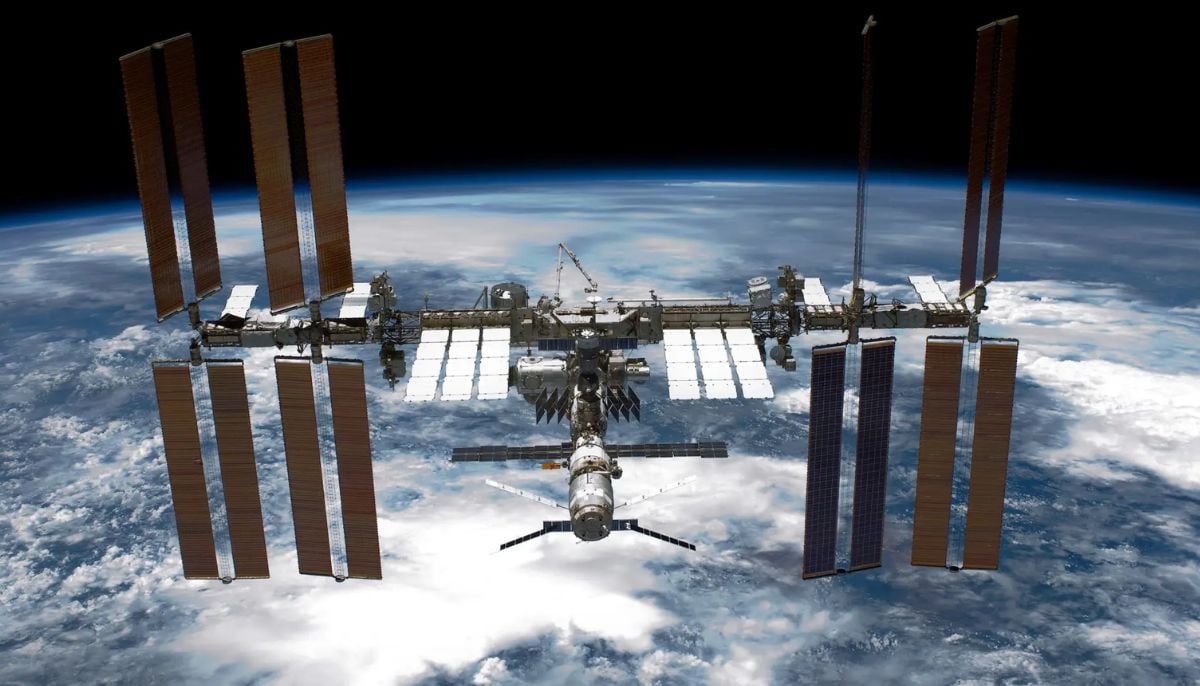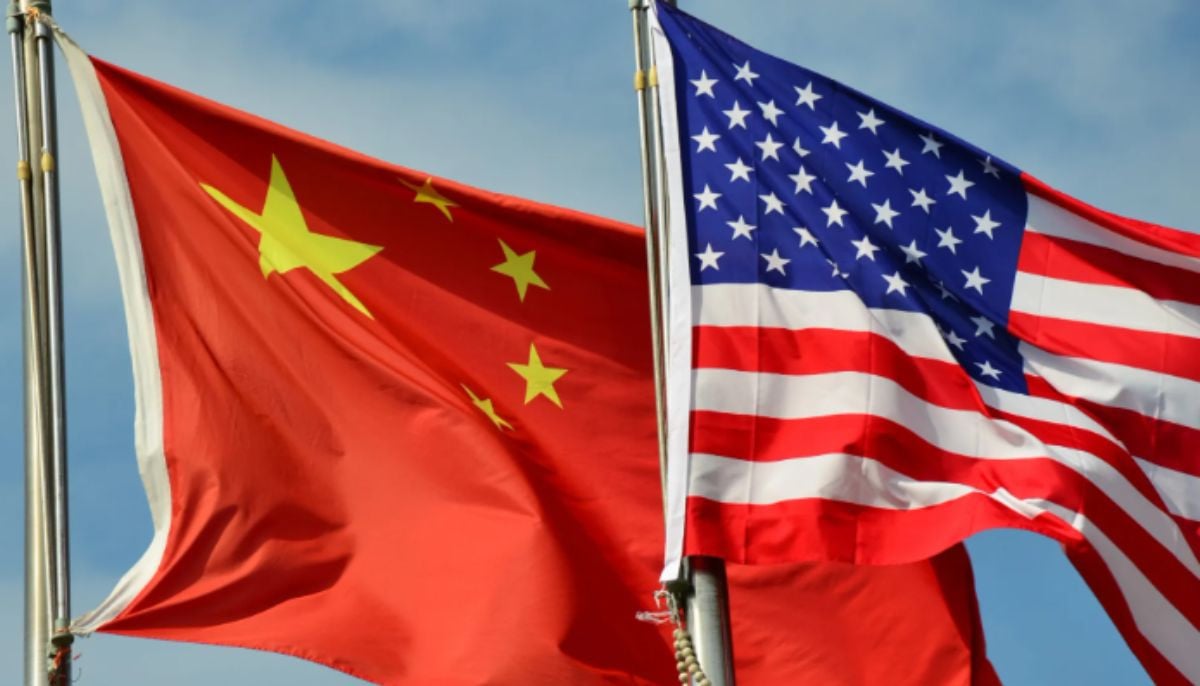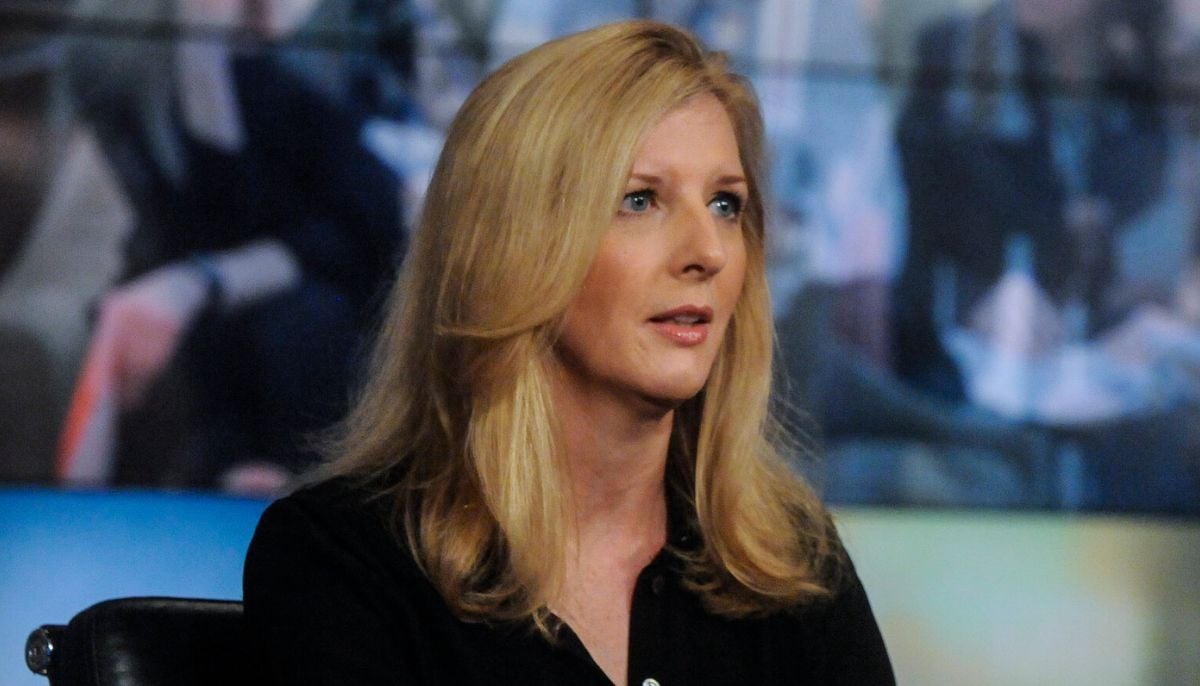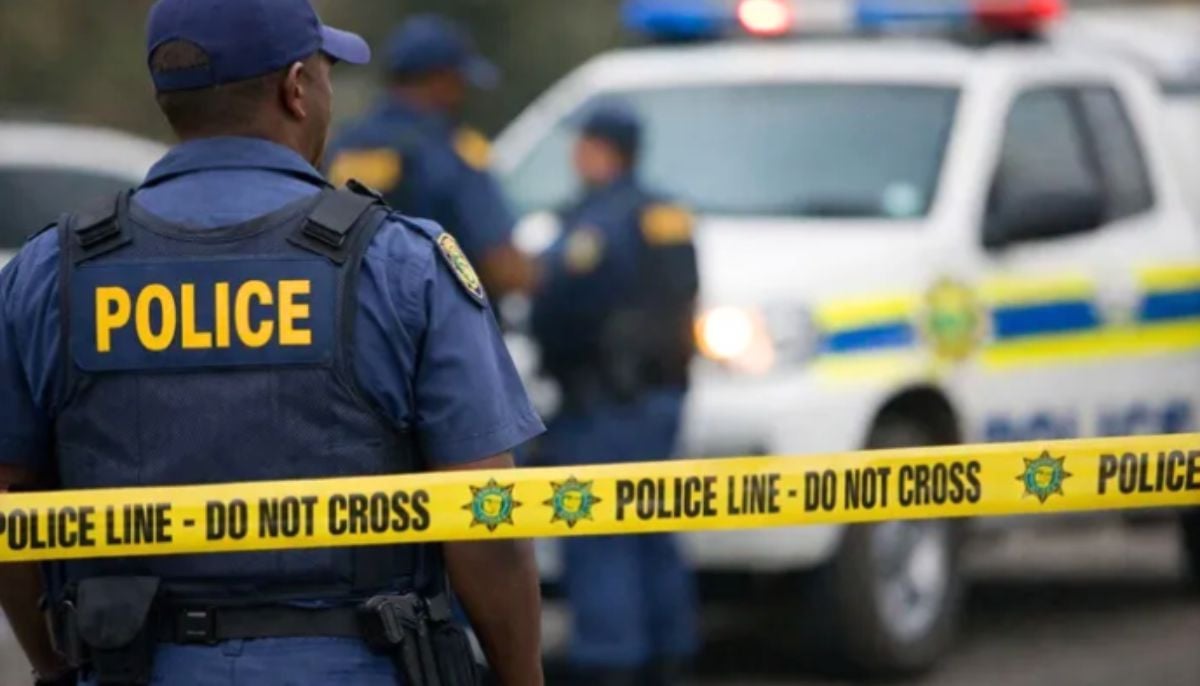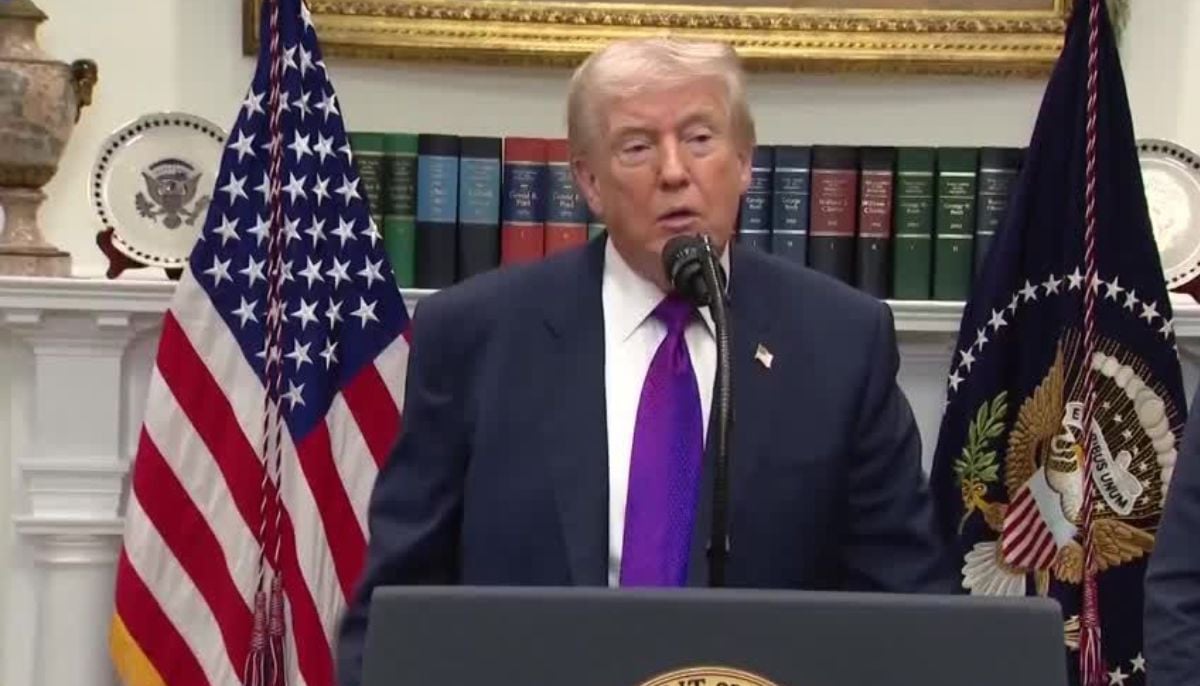ISLAMABAD: Pakistan responded with fury Thursday after India said it had carried out "surgical strikes" along the Line of Control dividing the disputed territory of Kashmir, as tensions soar between the rival nuclear powers.
Here are five things to know about the conflict.
Why is Kashmir disputed?
Muslim-majority Kashmir has been divided between Pakistan and India since the end of British colonial rule in 1947 -- but both claim it in full and two of their three wars have been fought over it.
Rebel groups are fighting for independence of the Indian-administered portion of the region or its merger with Pakistan. Besides the thorny question of religion, the conflict is exacerbated by Kashmir´s status as a regional water tower: the mountainous area feeds the Indus river essential for agriculture in both countries.
An insurgency broke out in 1989 and tens of thousands of people have died since, most of them civilians.
Why are tensions flaring now?
Ceasefire violations along the Line of Control are not uncommon. But the killing in July of a popular young rebel leader in a gun battle with Indian soldiers has led to the worst unrest since 2010 on the Indian side.
Security experts and India´s government accuse Pakistan of sending militants across the line to further destabilise the territory. On September 18, 18 soldiers were killed in a raid on an Indian army base near the town of Uri.
It was the worst such attack in more than a decade and tensions soared -- but while India swiftly blamed a Pakistani militant group, Islamabad denied any role.
Is Kashmir an isolated issue?
No. Pakistan´s Balochistan province has been hit by sectarian violence which Pakistan has repeatedly claimed is "terrorism" promoted by hostile states such as India.
What does the rest of the world think?
Kashmir, caught between two nuclear powers, is often described as one of the world´s biggest flashpoints. But to many it remains a bilateral issue -- unable to ignite global attention on the level of the Israeli-Palestinian conflict despite the parallels.
"In Kashmir, people are fueled by local grievances -- namely, the brutalities inflicted on them by Indian security forces," says analyst Michael Kugelman at the Woodrow Wilson Center in Washington.
"They don´t have much interest in the more global objectives of international terror groups like Al-Qaeda and ISIS," he says, citing failed efforts by Al-Qaeda´s South Asia affiliate to recruit Kashmiris.
And, while Muslims suffering abuses at the hands of Hindu security forces could make for a compelling Islamist narrative, Kugelman also argues there is little evidence jihadists use the conflict as a recruiting tool elsewhere.
What happens next?
Pakistan and India have been here before, and likely will again -- but for now, despite hype in the media and online, both must act with restraint, analysts say.
Pakistani defence analyst Shaukat Qadir, a retired army brigadier, said he doubts hostilities will go much further. "Actually India knows very well that if it did something, Pakistan would respond in some way, and gradually these incidents would turn into an escalation and nobody would be able to control it," he says.
-
Ohio daycare worker 'stole $150k in payroll scam', nearly bankrupting nursery
-
Michelle Yeoh gets honest about 'struggle' of Asian representation in Hollywood
-
US, China held anti-narcotics, intelligence meeting: State media reports
-
Goldman Sachs’ top lawyer resigns over Epstein connections
-
Manhunt continues for suspect who killed 2 at South Carolina State University
-
Trump considers scaling back trade levies on steel, aluminium in response to rising costs
-
Trump revokes legal basis for US climate regulation, curb vehicle emission standards
-
DOJ blocks Trump administration from cutting $600M in public health funds


